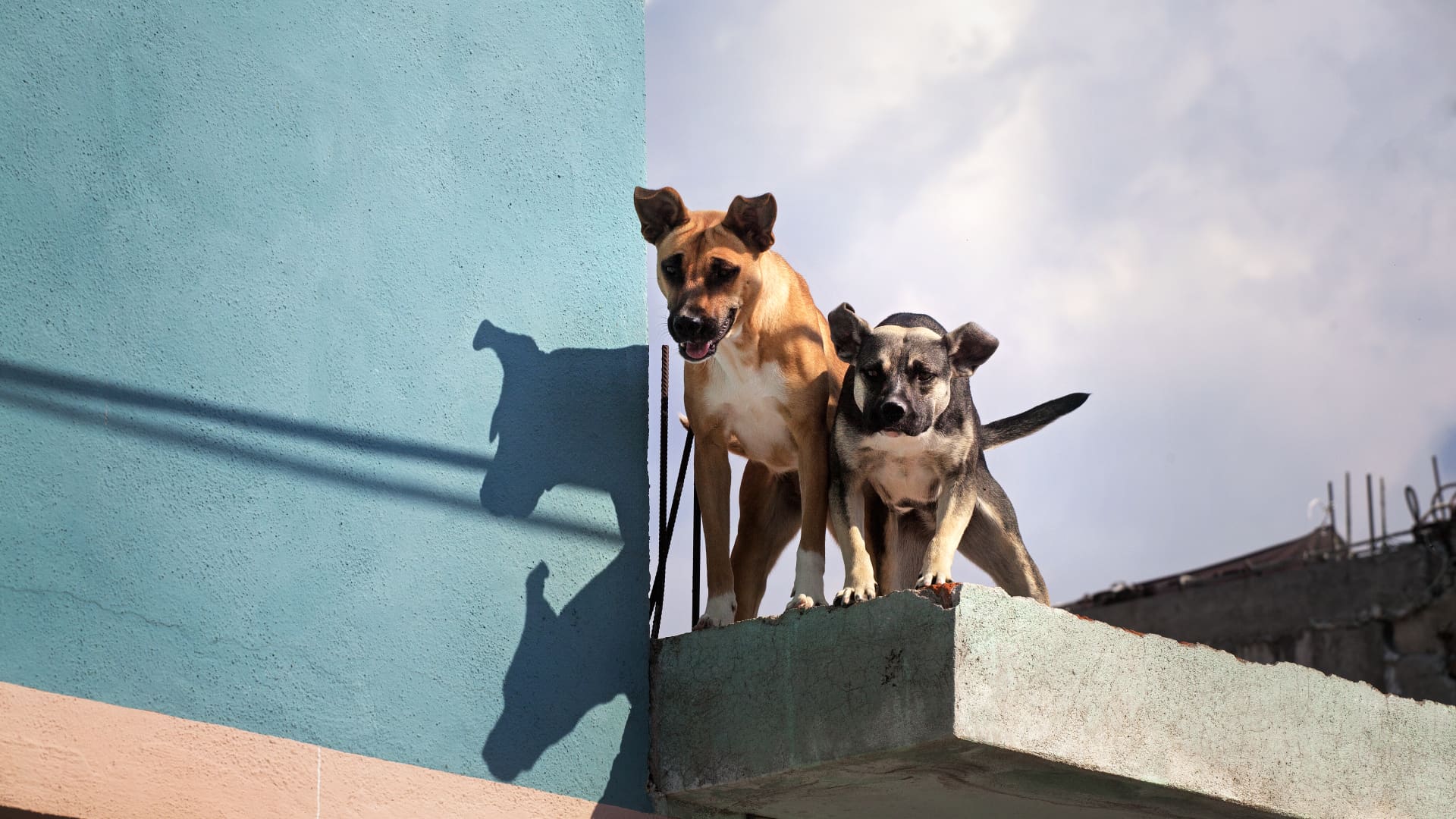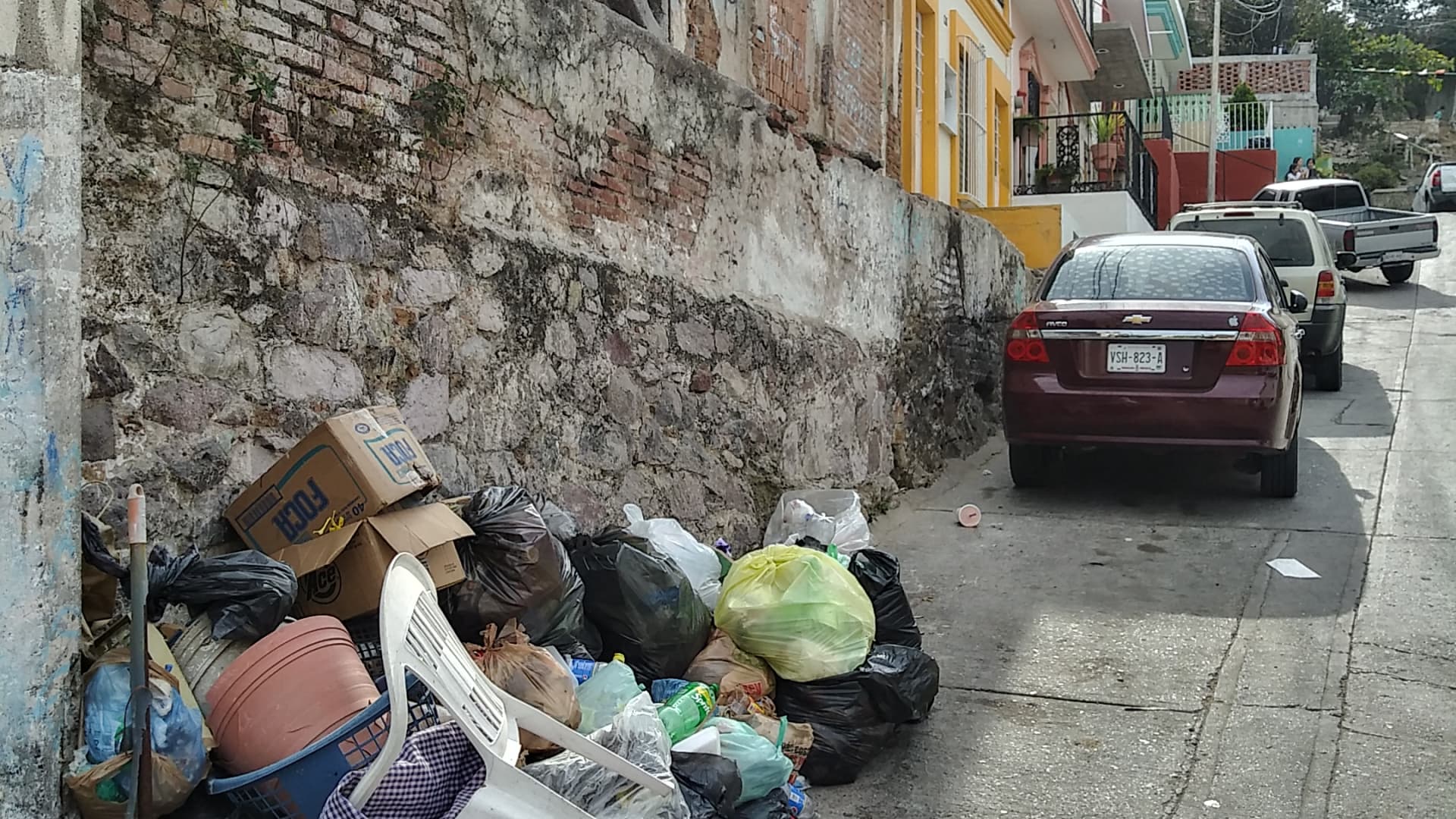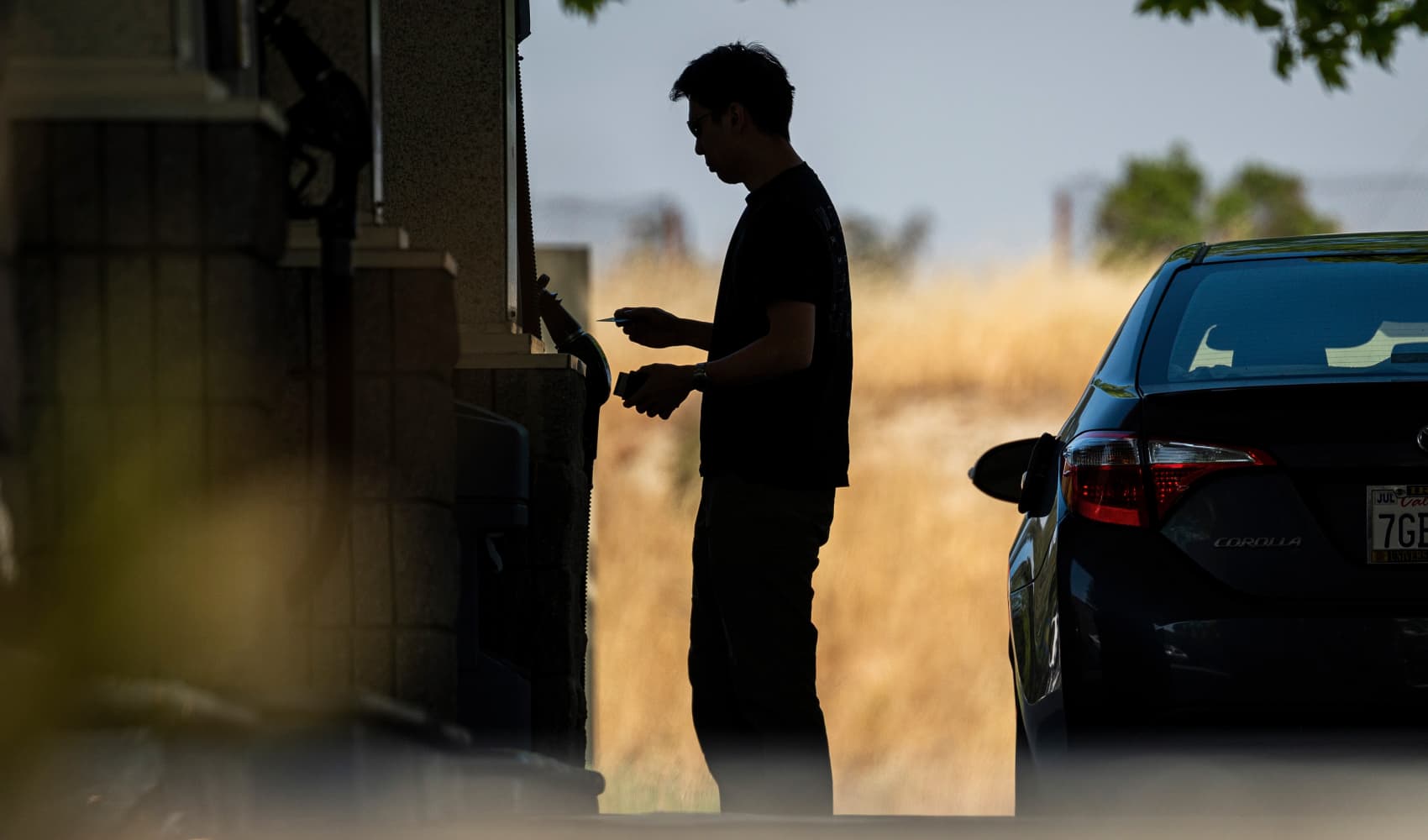
More than a decade has passed since I moved to Mazatlán, Mexico from California and retired.
It all started during a vacation there in 2005; I'd felt a deep happiness I couldn't ignore. This radical decision changed my somewhat ordinary life a million degrees for the better and I have absolutely no regrets. I wanted an adventure, and boy, am I having one!
But there are challenges. While white sand beaches, palm trees and endless margaritas all sounded good, air pollution, loneliness and noise were not what I expected when I moved to what I thought would be paradise.
Once the honeymoon period is over, here are some downsides of leaving the U.S. for a beach town in Mexico:
Get New England news, weather forecasts and entertainment stories to your inbox. Sign up for NECN newsletters.
1. The weather can get really hot and humid
Mexico basically has two seasons: Dry (mid-October to April) and rainy (May to mid-October). The many climate zones will tell you more specifically about how those seasons look in different parts of the country.
Rainy season usually means torrential storms and, in some coastal areas, like the Yucatan, Caribbean and Puerto Vallarta, hurricanes are a summer constant. They can be destructive, scary and more severe than those that reach the U.S.
Money Report
In coastal towns, it can get incredibly hot and humid. Bugs and other critters thrive in this kind of weather, so everything in your kitchen, including packaged foods, needs to go in the refrigerator.
Your clothes might suffer, too. Cotton and spandex blends lose their elasticity, colors fade, elastic on underwear droops, and leather or vinyl gets moldy. Electronics and appliances rust in ways you've never imagined.
Inland, the weather is cooler, but summer still means rain. Those cobblestone streets in the magical colonial towns can turn into rivers in just a few minutes.
2. Unbelievably high noise levels
If you've been to Mexico, you know that noise levels are often through the roof. Speaking of roofs, in many towns, "watchdogs" are kept there, and they bark all the time — at nothing or at everything.

And then there are the parties, for birthdays, quinceneras, religious and other holidays. Often these events include rented speakers as big as refrigerators set up in the street in front of their (and your) house. You might find your street blocked by a bounce house or funeral memorial for a day ... or three.
Strolling musicians are common and can be lovely, but sometimes you might prefer a quiet conversation at dinner or listening to waves at the beach instead of a 10-piece, horn-heavy band.
In Mazatlán, open-air taxis, called pulmonias, have gigantic sound systems with speakers that blast music as they make their way through the neighborhoods. While ostensibly there are city sound ordinances, they're rarely, if ever, enforced.
What to do? Pack earplugs.
3. Expect some disappointments when shopping
You're not going to find all the same products you're used to. Some, yes, but there will still be many, many things you'll miss. Of course, all the essentials will be available, but maybe not your favorite brands or the quality you're used to.
Like what? Candy tops the list of what expats bring from home, according to one survey, followed by "anything from Trader Joe's," good Parmesan and Cheddar cheese and inexpensive laptops, TVs and other small appliances and electronics. Strangely, cotton clothing is also hard to come by.
Rest assured, you will survive, but may find yourself bargaining with visitors to pack a big bag of Twizzlers in their luggage.
4. Figuring out the norms
No matter how long you live in another country, you'll always be, at heart, a native of wherever you're from, and so there are layers upon layers of unrealized cultural norms just waiting to be discovered.
Being an immigrant is a constant lesson in humility and often embarrassment. It can be little things like shopping etiquette, when and how much to tip, where to park, or more significant things that can cause offense or problems.
Trash pick-up is one example. In most Mexican towns, garbage is simply piled on certain street corners in whatever plastic bags or boxes one has handy. No one "oversees" the process, and it's often a sticky, stinky mess. Why don't they use garbage cans? Don't ask.
Mail is also notoriously unreliable, and utility and other companies hire their own couriers to deliver monthly bills. Property taxes often must be paid in person at a bank or city office.
Bewildering and frustrating to Americans, but normal life for the locals.
5. The language thing
Unless you speak Spanish fluently, communication may be challenging. In cities with expat populations or lots of tourism, many locals will speak English. But it behooves you to at least learn some Spanish if you really want to assimilate into your new community.
After 15 years, I would say I'm 70% fluent: I understand and speak a lot of Spanish, with a good accent, but once there's more than two people, I'm often lost. I've gotten used to feeling like a toddler.
And while it's charming that you're trying to learn Spanish, that won't help you get your phone bill paid, convey questions to a busy doctor or dentist, or comprehend what the landlord, mechanic or traffic cop is saying.
You're going to miss or misunderstand lots of information because your pronunciation isn't very good, they're talking fast or you don't know those words. That's when patience and a sense of humor come into play.
6. Trash, littering and other environmental issues
In Mazatlán, unfortunately, littering is alive and well. People throw trash out the windows of busses and cars, leave piles of it on the beaches, use plastics like there's no tomorrow. I can't tell you how many times I've sat on my surfboard watching empty potato chip bags and Styrofoam plates swirl by. (My weekends include a couple of hours cleaning up my favorite beach.)

There are no vehicle emission requirements, and a pinkish-grey haze of pollution often sits on the horizon. The city has no recycling pick-up — just one overloaded recycling center. Very few restaurants or food vendors use biodegradable containers because they're so expensive or just unavailable; Styrofoam is the go-to for food to-go. This is changing, but it's been very slow and unsteady.
In many Mexican towns, city water (e.g. for the toilet, sink, washer) can be shut off at any time, for days on end — with no warning. One learns to appreciate simple things like clean running water or running water in general.
7. You will get lonely
Yes, you wanted to move here, and you're happy you did, but you'll still miss the family and friends you left behind. They may come visit, and you'll visit them, but it's not the same.
Zoom and video calls can only go so far, and depending on where you live, your internet connection may be unreliable. Holidays can be particularly hard, especially if you're watching grandkids grow up from afar.
As we get older, making friends isn't as easy as it was when we were younger. And Covid has changed the opportunities for getting out, meeting people and establishing yourself in a new community.
My advice: Take advantage of expat Facebook groups. They're a wealth of real-time information and can help you find like-minded folks. Join a conversation club, volunteer at an orphanage or animal rescue group, establish an exercise routine and keep an eye out for people doing the same thing.
Don't forget to chat with your neighbors! You'll make friends and learn some Spanish at the same time.
Are these downsides challenging? Definitely. Deal breakers? Not for me.
If you're moving to a different country, you'll need to adjust and make some changes in your lifestyle and expectations. Is the glass half-empty or half-full? You'll have to decide for yourself, but for me it's definitely full-to-overflowing — with positives.
My cost of living is laughably inexpensive (I live on about $1,200 per month); health care is affordable, reliable and modern; I'm happier and healthier than I've ever been. The sun is out and the sky is blue just about every day, and most of the year the weather is comfortably warm and pleasant. My kids and grandkids love coming to visit and I love being the adventurous grandma.
And the things that really matter — family, honesty, integrity, happiness, kindness, compassion — have become an actual way of life instead of just theoretical ideas. Here I can truly live that coveted "simpler life" that so many people strive for, even if it means no Twizzlers!
Janet Blaser is a writer, editor and storyteller. She lives in Mazatlán, Mexico and feels very fortunate to be able to write about great food, amazing places, fascinating people and unique events. "Why We Left: An Anthology of American Women Expats" is her first book. Follow Janet on Facebook.
Don't miss:
- This 64-year-old left the U.S. for Mexico. Now she's retired by the beach—living on just $1,000 per month
- They left the U.S. to live the beach life and start their own businesses: 'We now spend less than we ever did in America'
- Thinking of leaving the U.S.? Here's what I wish I knew before retiring in Mexico
Check out: Use this calculator to see exactly how much your third coronavirus stimulus check could be worth






